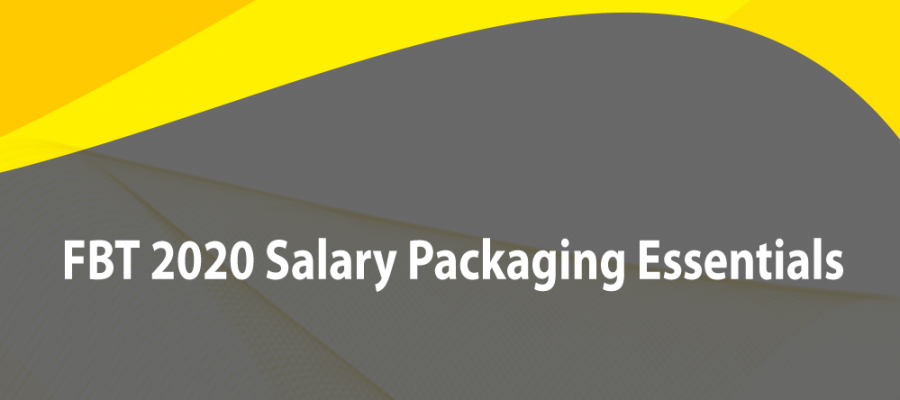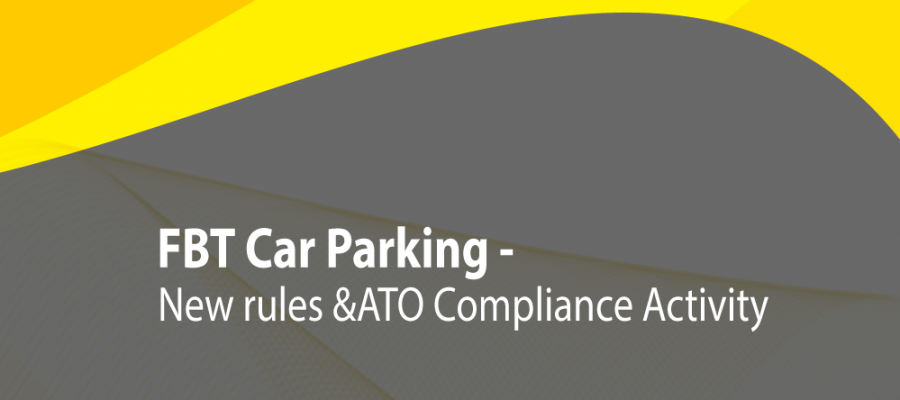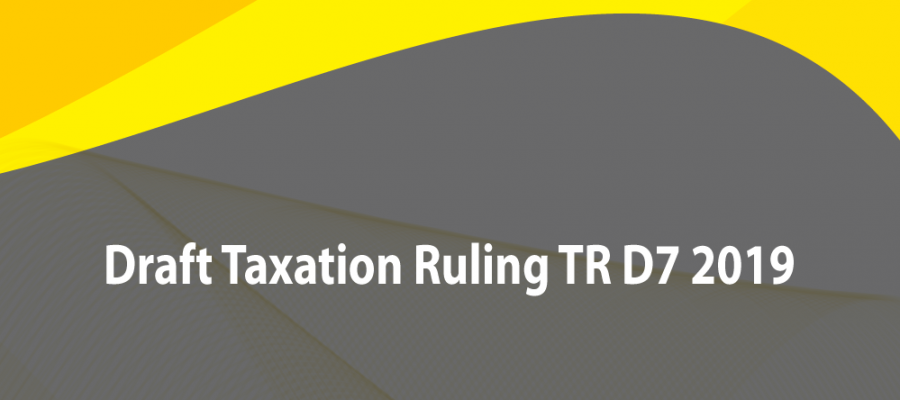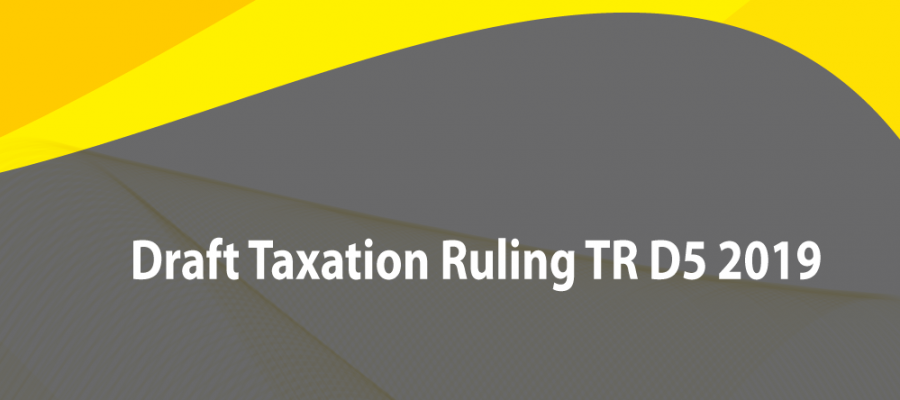Get in quick as seats are booking out!
Our full day workshop are designed to help you and your colleagues to prepare the 2020 Fringe Benefits Tax (FBT) return and 2020 Reportable Fringe Benefits amounts with maximum confidence and minimum fuss.
Jointly run by CCH Learning and FBT Solutions, our interactive workshops bring together the practical guidance, support and tools you need to sail through the 2020 FBT season.
First Release $495.00 – SOLD OUT!
Second Release $575.00 – ON SALE NOW!
Final Release $645.00
2020 FBT Return Preparation Full Day Workshops
Sydney: Thursday 5 March 2020 (1st day)
Perth: Tuesday 10 March 2020
Adelaide: Thursday 12 March 2020
Brisbane: Tuesday 17 March 2020
Melbourne: Thursday 19 March 2020
Canberra: Tuesday 24 March 2020
Sydney: Thursday 26 March 2020 (2nd day)
Who should attend?
All personnel involved in the preparation or review of the 2020 FBT return, whether new to FBT or those requiring refresher training. This includes Tax Accountants, Financial Accountants, Payroll Managers and Staff, HR Managers and their teams.
What can you expect?
A comprehensive update on the FBT changes for 2020 including:
- Recent law and ATO changes
- Overview including Type 1 and Type 2 benefits and employee contributions
- How to prepare the 2020 FBT Return form
- Special rules for Exempt and Rebatable Employers
- Motor vehicles valuation using either statutory formula method and operating cost or logbook method
- Motor vehicle exemptions
- Car parking benefits including new ATO guidance
- Meal Entertainment, Recreational Entertainment and Entertainment Facility Leasing
- Tax Exempt Body Entertainment
- Temporary and Permanent Relocations / LAFHA v Travel / Remote Area / Expatriates
- Expense Payments, Property benefits, Residual benefits
- Exemptions and Concessions
- ATO audit activity
- Employer elections and declarations
- Employee declarations
- Employee reportable fringe benefits amounts (RFBA)
- Post Lodgment requirements
You will receive guidance on how to prepare the 2020 FBT return and:
- Learn how to identify and value all benefits
- Work through the valuation methodologies for all benefit categories including Cars, Car Parking, Entertainment, Temporary & Permanent Relocations, Living Away From Home, Remote Area, Employee Expenses and Property
- Gain an understanding of the key documentation requirements for claiming reductions, concessions and exemptions
- How to avoid the most common mistakes that organisations make
- Discover ways that you can achieve real savings and reduce the tax liability for your organisation
Attendees will be provided with:
- A detailed 2020 FBT Technical Manual
- Our 2020 FBT Planner Checklist
- Our 2020 FBT Essentials Checklist
- An attendance certificate for CPD/CPE purposes (6.25 hours)
- Lunch, morning & afternoon tea
- Opportunities to network with your peers and fellow FBT-preparers over lunch
Registrants also receive the following special offers:
- Free access to the FBT Query service until 30 June 2020 – the sooner you register, the sooner you’ll have access to this valuable service from FBT Solutions
- A free Fleet and FBT optimisation review
- A free Salary Packaging review
- Preferential pricing for the FBT Solutions car parking valuation service
Presenter Bio:
Paul Mather, Founder of FBT Solutions. Paul has over 20 years hands-on, practical experience preparing, reviewing and lodging FBT returns. Paul is a current member of the ATO’s FBT Working Group and was a member of the former Australian Taxation Office National Tax Liaison Group (NTLG) Fringe Benefits Tax Subcommittee from 2005 to 2013. An accomplished trainer and speaker, Paul delivers his topic in a practical and insightful manner.
These FBT 2020 Workshops are running in 6 locations – Sydney (2 dates), Melbourne, Perth, Brisbane, Adelaide, and Canberra.





